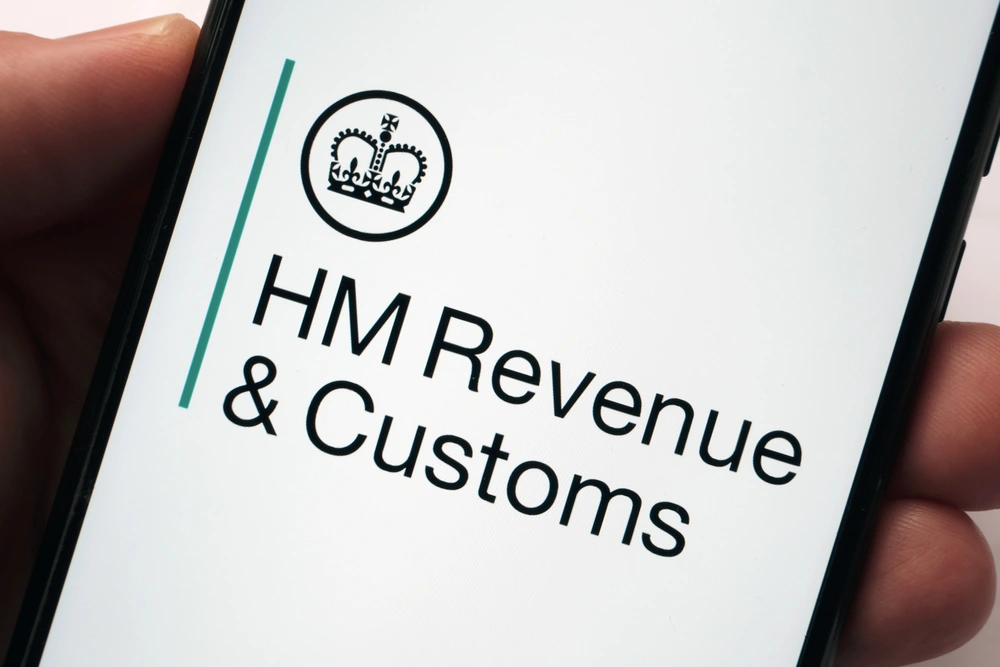Wondering if you’re eligible to be classed as a first-time buyer? Whether you’ve only owned abroad before, owned a commercial property or your partner is a property owner can have an impact. We investigated.
What qualifies you as a first-time buyer?
You’re considered as a first-time buyer if you have:
-
never owned a residential property before, anywhere in the world
-
never been on the deeds to a residential property
-
never inherited a residential property
If you’re a first-time buyer looking to get onto the property ladder, you’ll be able to benefit from a stamp duty exemption (which means you don’t have to pay stamp duty) on the first £300,000 of a property’s value. So, if you bought a property for this amount or less, you’d have no stamp duty to pay.
What doesn’t count as a first-time buyer?
not classed as a first-time buyer if you:
-
have bought a residential property in the UK or abroad before
-
have been on the deeds of a residential property in the UK or abroad before
-
don’t currently own a home, but you have done in the past
-
own or have owned a commercial property with living accommodation, for example, a flat above a shop
-
inherited a residential property (the whole property or just a share)
If you inherit a residential property, then you'll no longer be classed as a first-time buyer once the deeds are in your name. Even if you never lived there or only inherited a share of the property, this still applies. If you know you don't want the inherited property and you can get the estate to sell it before the title gets transferred, then you’ll be able to remain a first-time buyer.
How much deposit do I need as a first-time buyer?
Thanks to the mortgage guarantee scheme, you may be able to find a mortgage that only requires a 5% deposit. But you'll need to pass credit checks to be eligible for any mortgage and be sure that you can afford the monthly repayments.
It’s usually best practice to put down as big as deposit as you can afford. By paying more, it'll keep your loan-to-value ratio down. (Loan to value (LTV) is the percentage of what you owe on your mortgage (and any secured loans) in relation to the current value of your property.) This means you could be eligible for mortgages at lower interest rates.
A larger deposit also means that your monthly mortgage repayments will be lower. But don't put all your spare money into your deposit - you'll need to keep some for costs such as surveys, removals, and conveyancing fees. Plus, it's always a good idea to have extra cash set aside each month in case of an emergency.
Can I be a first-time buyer again?
Unfortunately not. Once you’ve owned a residential property, you can't become a first-time buyer again.
What if you're a first-time buyer, but your partner isn't?
Iyou want to buy a house with your partner (but they have owned one before), you can only retain your first-time buyer status by being the sole name on the deeds.
This would mean you'd be eligible for the stamp duty relief, but you’d need to weigh up the savings versus the disadvantages of only having one name on the deeds – as this would impact how much you can borrow. A lender would only be able to consider your individual affordability, instead of what you and your partner can afford between you.
If you want a joint mortgage with your partner, and either of you has owned a property before, you won’t be classed as a first-time buyer when it comes to stamp duty. However, the person who has not owned one before will still be able to use a LISA (lifetime ISA), becausethese only apply to individuals.
Can I be a first-time buyer if I’ve only owned a property overseas?
Unfortunately not. You only count as arst-time buyer if you’ve never owned a residential property in the UK or anywhere else in the world.
Adele is a personal finance writer with more than 10 years in the finance industry behind her. She writes clear and engaging guides on all things loans for Ocean, as well as contributing blogs to help people understand their options when it comes to money.
![Email icon]()
Become a money maestro!
Sign up for tips on how to improve your credit score, offers and deals to help you save money, exclusive competitions and exciting products!
Find this useful? Share it with others!









